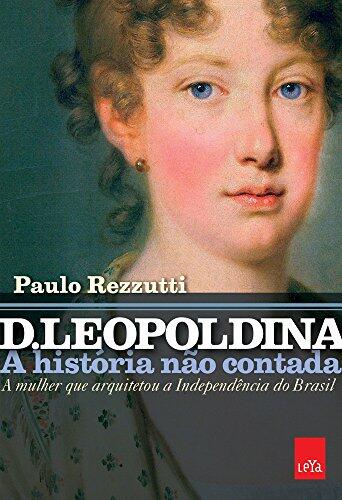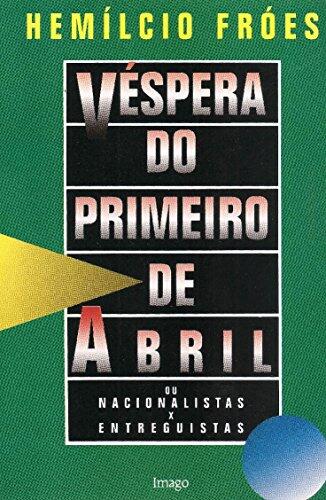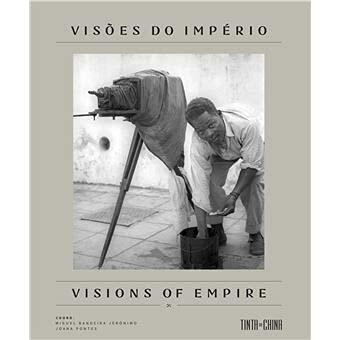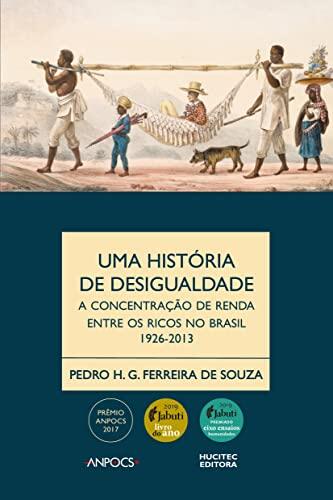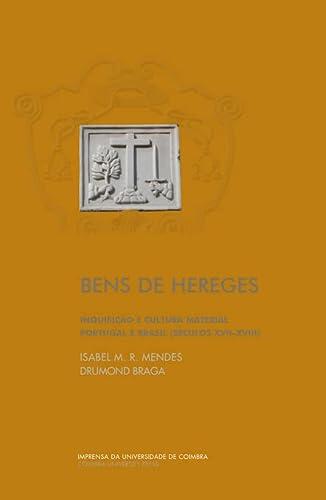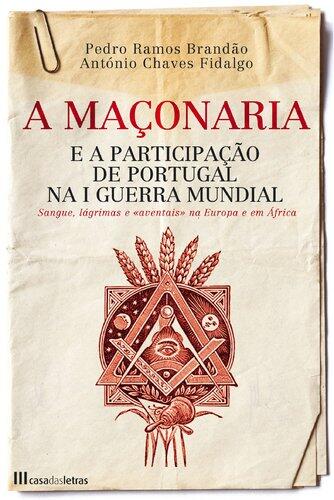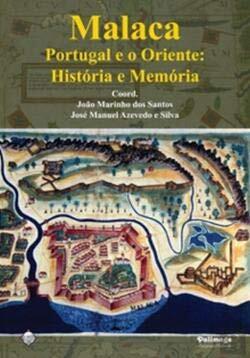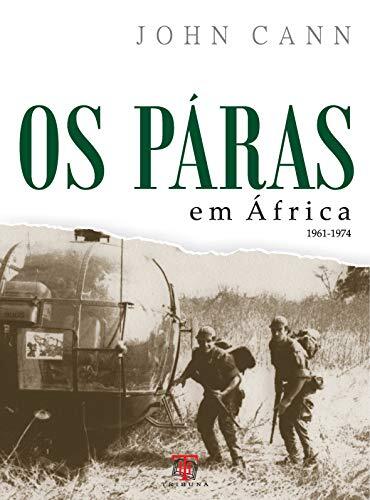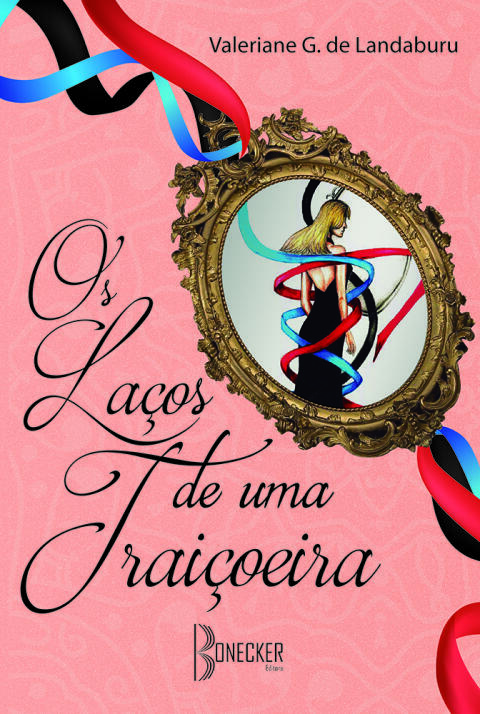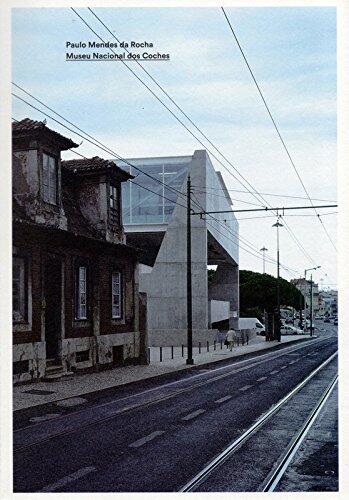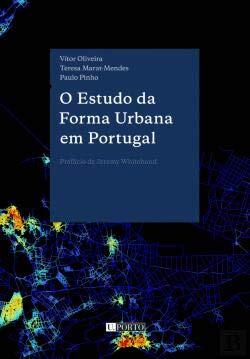
O Estudo da Forma Urbana em Portugal
by:
Teresa Marat-Mendes e Paulo Pinho Vítor Oliveira
Language: Portuguese
Format: Paperback
ISBN 10: 9897460640
ISBN 13: 9789897460647
Publication date:
January 1st, 2015
Publisher: Editora da Universidade do Porto
Pages: 250
Genres: History
This insightful examination delves into the intricacies of urban form and its evolution in Portugal. Through the collaboration of Teresa Marat-Mendes, Paulo Pinho, and Vítor Oliveira, the work offers a rich, analytical narrative that reflects on how urban environments have been shaped over time. Their perspective is deeply rooted in the historical context, showcasing how societal changes, economic developments, and cultural influences have left their mark on Portuguese cities.
The authors meticulously address various elements that contribute to urban form, such as architecture, spatial organization, and socio-political factors. They highlight the unique characteristics of Portuguese urban settings while also drawing parallels to broader trends observed globally. As a result, readers gain a comprehensive understanding of urban planning methodologies and their practical implications in contemporary contexts.
By employing both theoretical frameworks and case studies, the book serves as a valuable resource for urban planners, architects, and scholars alike. The combination of rigorous research and accessible language makes it suitable for both academic audiences and general readers with an interest in urban studies.
Through its thorough exploration, the work underscores the importance of understanding urban dynamics as a means to foster sustainable development and community well-being in Portuguese cities. It invites readers to reflect on the relationship between urban form and the lived experiences of individuals, enriching the discourse around the challenges faced in today’s evolving urban landscapes.
The authors meticulously address various elements that contribute to urban form, such as architecture, spatial organization, and socio-political factors. They highlight the unique characteristics of Portuguese urban settings while also drawing parallels to broader trends observed globally. As a result, readers gain a comprehensive understanding of urban planning methodologies and their practical implications in contemporary contexts.
By employing both theoretical frameworks and case studies, the book serves as a valuable resource for urban planners, architects, and scholars alike. The combination of rigorous research and accessible language makes it suitable for both academic audiences and general readers with an interest in urban studies.
Through its thorough exploration, the work underscores the importance of understanding urban dynamics as a means to foster sustainable development and community well-being in Portuguese cities. It invites readers to reflect on the relationship between urban form and the lived experiences of individuals, enriching the discourse around the challenges faced in today’s evolving urban landscapes.
